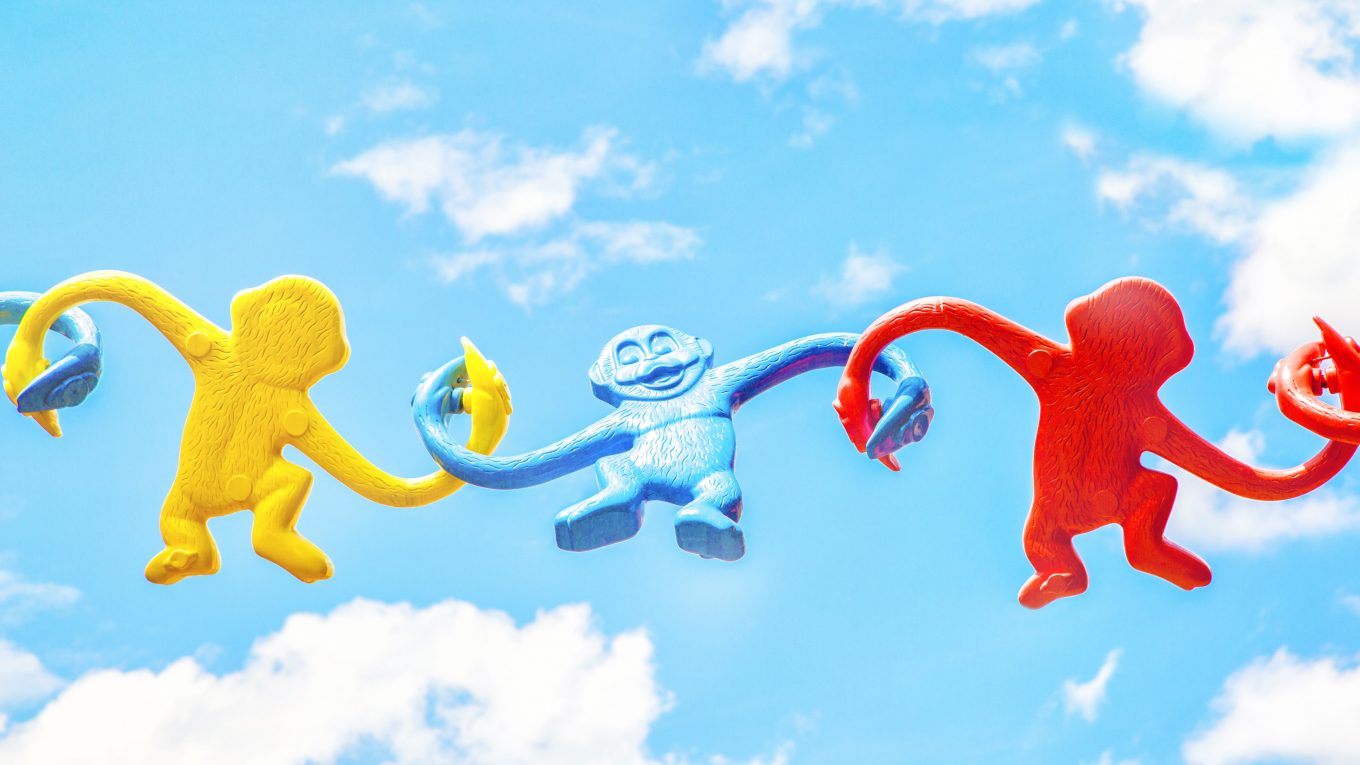Single No More
I’m responding to a posting in the Research Colloquium course discussion forum that I need to bring here for further reflection. Some collisions in thinking coming from a position of being a single researcher but being a member of various research and researchable communities. My response:
Thanks for these insights. I’m rereading and reflecting on a section of my DS1 paper because of what you’ve written here. What resonates is the connection to the work of Parker Palmer. This video [We Teach Who We Are] gives a small picture into what Palmer writes about.
I’ve had the pleasure of participating in a two-year Courage to Teach retreat process exploring the material from Palmer’s books – Courage to Teach and A Hidden Wholeness – which links directly to Clandinin’s (1985) notion of actions as representations, embodiments if you will, of our inner selves. I think this could also be said for ‘I’ as researcher – I research from this inner self that becomes embodied in my writing, changing me in the process. Palmer’s words resonate for the ‘I who researches’ as much as they do for the ‘I who teaches’ –
“Teaching, like any truly human activity, emerges from one’s inwardness, for better or worse. … The entanglements I experience in the classroom are often no more or less than the convolutions of my inner life. Viewed from this angle, teaching holds a mirror to the soul. If I am willing to look in that mirror, and not run from what I see, I have a chance to gain self-knowledge—and knowing myself is as crucial to good teaching as knowing my students and my subject” (Palmer, 2017, p. 3).
Now replace the word ‘teaching’ with the word ‘researching’.
The challenge, as I’ve noticed in the PhD dissertations we are reading, is being vulnerable in sharing that self in our research papers. Brant and Potvin frame themselves within their research – digging where they stand (Dion, 2018) – and share themselves in their writing, even beyond norms of positionality or contextualization.
What has me pondering and puzzling is the ‘I’ within the ‘we’ of community. Our field of study, our place of work, our friends and family, are all part of this picture too. I can’t be separated out from my community, in this case the places where I practice my teaching, or the places I will research. So how do I reconcile the sharing of self as a singular identity when it really should be ‘us’, me being influenced by you or them? And how much do we reveal of the you/them in our research writing. I don’t think there is an easy answer. But one more puzzle piece here is the notion of UBUNTU, since part of my DS1 paper also talks about this concept:
“We create each other and need to sustain this otherness creation. And if we belong to each other, we participate in our creations: we are because you are, and since you are, definitely I am. The ‘I am’ is not a rigid subject, but a dynamic self-constitution dependent on this otherness creation of relation and distance. (Eze, 2010, p. 190-191)”
A little more thinking is needed, I think! Thanks for prompting this conundrum with your words! 🙂 Helen
DeWaard, (2019, September 17), D2L discussion forum response
This led to another response to yet another post that resonated in terms of Parker Palmer’s writing:
As I was reading your response, the word courage crept into my thinking. The image you share of the braid is one metaphor, which for me is an image of strength that comes from this process of braiding. Rope is strengthened by being braided together. Our thesis will be strengthened as we are braid our ideas together to make sense of them. By doing so, we’ll strengthen our courage to present these ideas into public spaces.
I imaged Brant at her dissertation review, being ‘tested’ by her committee, and standing courageously on the maternal indigenous pedagogy themes and theoretical stances she has braided into her thesis. I hope to be that courageous in the end of this journey because, in truth, I have many fears that will require courage to overcome (as I know we all do).
So I’m going back to the Courage to Teach work that I’ve experienced in previous times, which may become one of the strands of my own braid. I looked for something that speaks of courage and found this video that I think shares some truth about researching, as exemplified in this work done by Brant, if you replace the reference to teaching with a concept of researching. Just some reflecting out loud:
DeWaard, 2019, D2L discussion forum response
Discovering Courage from Center for Courage & Renewal on Vimeo.
ADDENDUM: shared resource as a result of this conversation
Swanson, D.M. (2015). Ubuntu, indigeneity, and an ethic for decolonizing global citizenship, In A. A. Abdi, L. Shultz, & T. Pillay (Eds.), Decolonizing Global Citizenship Education. (pp. 27-38). Rotterdam: Sense Publishers.
References
Clandinin, D. Jean. (1985). Personal Practical Knowledge: A Study of Teachers’ Classroom Images. Curriculum Inquiry, 15(4), 361–385.
Eze, Michael Onyebuchi (2010). Intellectual history in contemporary South Africa. Palgrave Macmillan. ISBN 978-0-230-62299-9. pp. 190–191.
Palmer, P. (2017). The courage to teach: Exploring the inner landscape of a teacher’s life. San Francisco, CA: John Wiley & Sons Inc.
Potvin, L. (2017). More than pink shirts and posters: beyond the limits of anti-homophobia education. (Doctoral Dissertation). Lakehead University
